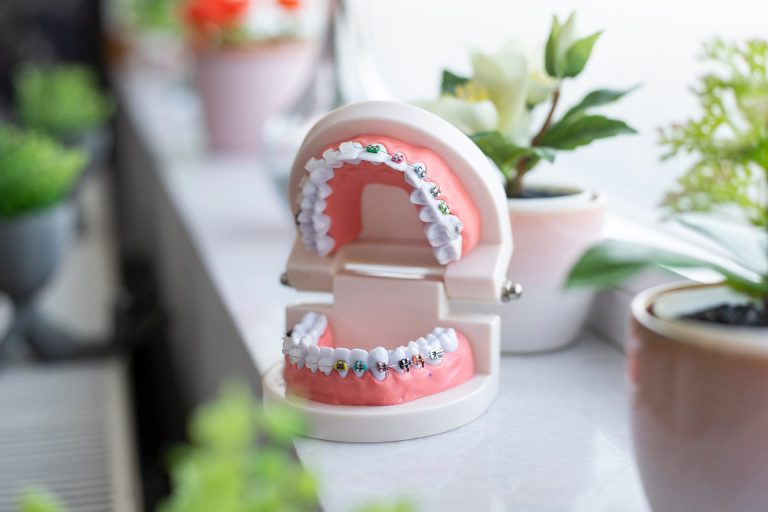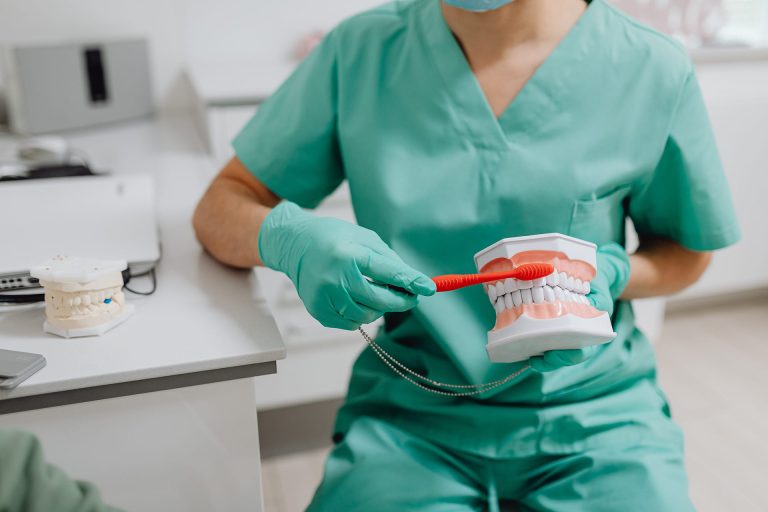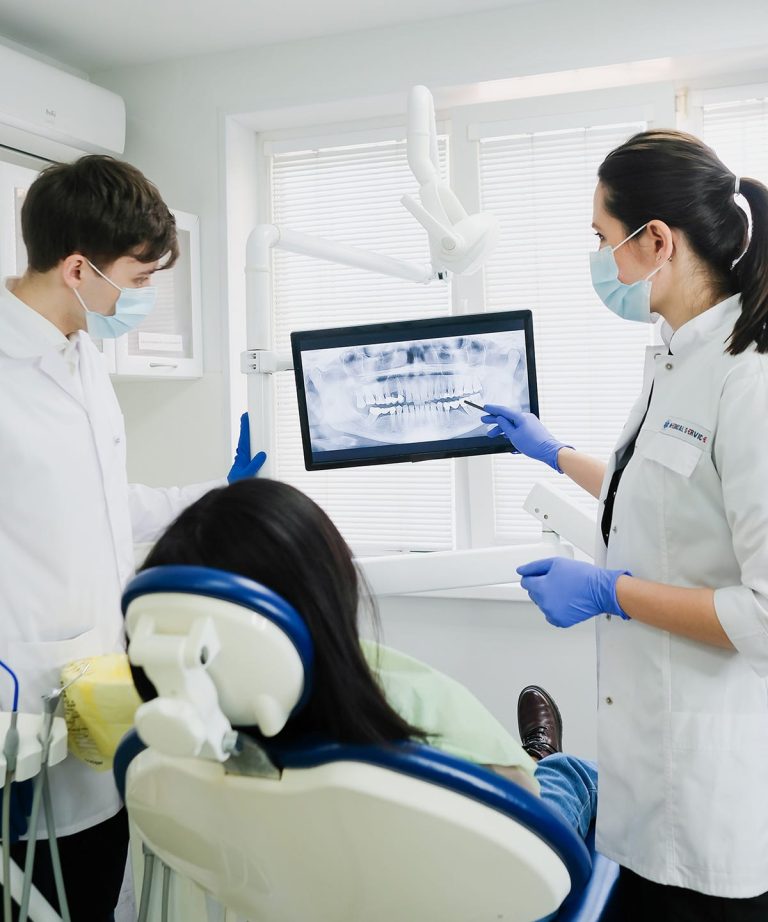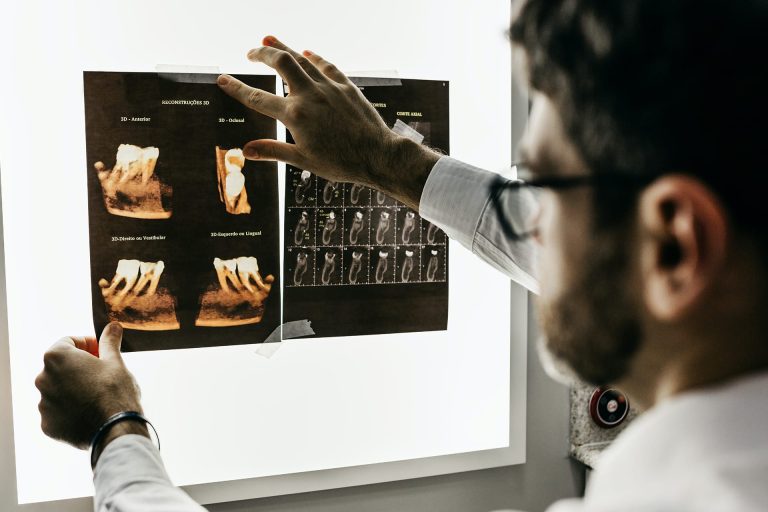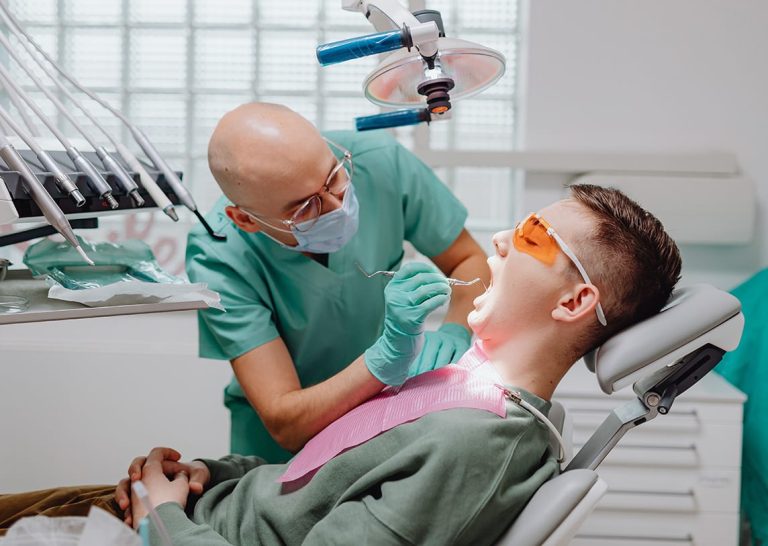Introduction: We’ve all been there – that sudden, sharp toothache that sours your mood and disrupts your day. So, how do you stop tooth pain and reclaim your peace of mind?
Snippet: To alleviate tooth pain, promptly seek dental consultation. Meanwhile, rinse your mouth with warm saltwater, use a cold compress, or over-the-counter pain relievers. However, these are interim solutions; a dental checkup is essential for a long-term resolution.
H2: Understanding Tooth Pain
Tooth pain is a common issue that many people encounter. It’s a unique discomfort that can range from a dull ache to sharp, intense pain, and can greatly impact your daily life. To effectively manage and prevent tooth pain, it’s crucial to understand its causes and how to identify the type of pain you’re experiencing.
H3: Causes of Tooth Pain
There are several possible reasons why you may experience tooth pain. Understanding these causes can help you take preventative measures and seek appropriate treatment.
H4: Tooth Decay
One of the most common causes of tooth pain is decay. This occurs when the enamel, the hard outer layer of your tooth, is damaged, allowing bacteria to infiltrate the inner layers of the tooth. This can result in a cavity, causing discomfort and pain.
H4: Tooth Infection
A tooth infection, also known as an abscessed tooth, can cause severe pain. An infection can occur when bacteria reach the inner parts of the tooth, often due to untreated tooth decay or a chip or crack in the tooth.
H4: Gum Disease
Gum disease, or periodontal disease, can result in tooth pain. This is a condition where the gums become inflamed and infected, often leading to pain, bleeding, and potentially tooth loss if left untreated.
H4: Tooth Grinding
Bruxism, commonly known as tooth grinding, can also lead to tooth pain. This habit, often done unconsciously during sleep, can wear down your teeth and lead to sensitivity and pain.
H4: Improper Flossing or Brushing
Improper oral hygiene practices such as aggressive brushing or flossing can result in tooth pain. Using too much force can damage the enamel and gums, leading to sensitivity and discomfort.
H3: Identifying the Type of Tooth Pain
Identifying the type of tooth pain you’re experiencing can help you and your dentist determine the best course of treatment.
H4: Sharp and Intermittent Pain
This type of pain might indicate a cavity or a cracked tooth. It usually occurs when you’re eating or drinking something, particularly if it’s hot, cold, or sweet.
H4: Constant and Severe Pain
Constant, severe pain could signify an abscess or infection. It’s important to seek immediate medical attention as this could potentially lead to more serious complications if left untreated.
H4: Throbbing and Swelling Around a Tooth
Throbbing pain and swelling often indicate an abscess. The pain might be constant or it might come and go, but it usually intensifies when you’re lying down.
H4: Pain When You Bite Down
If you experience pain when you bite down, this could be a sign of a cracked tooth or a dental abscess. It’s essential to visit your dentist to determine the cause and get appropriate treatment.
Overall, understanding the causes and types of tooth pain can help you manage and prevent this common issue. Always consult with a dental professional if you experience tooth pain to ensure proper diagnosis and treatment.
H2: Immediate Relief for Tooth Pain
Experiencing tooth pain can be incredibly uncomfortable and distracting. It’s important to see a dental professional as soon as possible, but what can you do in the meantime to alleviate the discomfort? There are several effective remedies available, ranging from over-the-counter pain relievers to natural remedies. Let’s explore these options further.
H3: Over-the-Counter Pain Relievers
Over-the-counter (OTC) pain relievers are typically the first line of defense when it comes to managing tooth pain. These medications can be found at any local pharmacy and are designed to provide temporary relief from the discomfort.
H4: Ibuprofen
Ibuprofen, a non-steroidal anti-inflammatory drug (NSAID), can be highly effective for tooth pain relief. It works by reducing inflammation and blocking the body’s production of substances that cause pain. It’s imperative to follow the instructions on the package to ensure safe usage.
H4: Acetaminophen
Acetaminophen, also known as Paracetamol, is another common OTC pain reliever. It helps to ease the pain by changing the way your body senses pain. Just like with ibuprofen, it’s critical to adhere to the dosage instructions on the package.
H3: Topical Oral Anesthetics
Topical oral anesthetics are another potential solution for immediate tooth pain relief. These products are applied directly to the affected area and work by numbing the nerve endings in the mouth.
H4: Benzocaine
Benzocaine is an ester-type local anesthetic found in many OTC oral health products. It functions by blocking nerve signals in your body, numbing the pain. However, it’s crucial to use these products sparingly and only as directed.
H4: Lidocaine
Lidocaine, an amide-type local anesthetic, is another effective ingredient found in some topical oral anesthetics. It works similarly to benzocaine, providing temporary numbness in the affected area.
H3: Natural Remedies for Tooth Pain
If you’re looking for a more natural approach to manage your tooth pain, there are a variety of proven remedies you can try at home.
H4: Clove Oil
Clove oil contains eugenol, a natural anesthetic and antibacterial agent. Applying a small amount of clove oil to the painful tooth using a cotton ball can help numb the area and reduce pain.
H4: Salt Water Rinse
A simple salt water rinse can do wonders for tooth pain. The salt water acts as a natural disinfectant, helping to loosen debris and potentially reduce inflammation. Simply dissolve half a teaspoon of salt into one cup of warm water and rinse your mouth for about 30 seconds.
H4: Cold Compress
A cold compress or ice pack applied to the cheek can help to numb the pain and reduce swelling. This method is particularly effective for pain caused by trauma or injury to the tooth.
Overall, when it comes to managing tooth pain, there are an abundance of options, both medicinal and natural. It’s important to remember that while these remedies can provide temporary relief, it’s essential to seek professional dental care to address the underlying cause of the pain.
H2: Long-Term Solutions to Stop Tooth Pain
Tooth pain can be debilitating, but with the right approach, you can alleviate this discomfort and prevent future occurrences. Here, we will discuss some long-term solutions to stop tooth pain, ranging from regular dental checkups and proper oral hygiene to beneficial lifestyle changes.
H3: Regular Dental Checkups
A crucial step in maintaining oral health and preventing tooth pain is regular dental checkups.
H4: Importance of Regular Checkups
Regular dental checkups are essential for early detection and treatment of oral health problems. They allow your dentist to spot signs of decay, gum disease, and other issues before they escalate into severe conditions that can cause tooth pain. Additionally, regular cleanings can remove plaque and tartar build-up that home brushing can’t always manage, reducing your risk of cavities and gum disease.
H4: What to Expect During a Dental Checkup
During a dental checkup, your dentist will thoroughly examine your teeth, gums, and mouth for any signs of disease or decay. They may also take x-rays to check for hidden issues in the jaw or beneath the gum line. If any problems are detected, your dentist will discuss treatment options with you, ensuring you are fully informed and comfortable with the proposed plan.
H3: Proper Oral Hygiene
Proper oral hygiene is another crucial element in preventing tooth pain.
H4: Effective Brushing Techniques
For effective brushing, use a soft-bristled toothbrush and fluoride toothpaste. Brush at a 45-degree angle to your gums, using short, back-and-forth strokes. Don’t forget to brush the outer, inner, and chewing surfaces of your teeth, as well as your tongue, to remove bacteria and freshen your breath.
H4: Importance of Flossing
Flossing is equally important as it removes plaque and food particles from between your teeth and under the gum line, areas where your toothbrush can’t reach. Regular flossing can prevent gum disease and cavities, reducing the likelihood of tooth pain.
H4: Using an Antibacterial Mouthwash
An antibacterial mouthwash can further enhance your oral hygiene routine. It can reach areas that brushing and flossing might miss, killing bacteria and reducing plaque, gum inflammation, and bad breath.
H3: Lifestyle Changes to Prevent Tooth Pain
Small lifestyle changes can significantly impact your oral health.
H4: Healthy Diet for Oral Health
A balanced diet rich in vitamins, minerals, and low in sugar can protect your teeth and gums. Foods like crunchy fruits and vegetables can help clean your teeth, while dairy products can replenish calcium, promoting stronger teeth.
H4: Avoiding Harmful Habits
Habits such as smoking, excessive alcohol consumption, and chewing on hard objects can damage your teeth and gums, leading to pain. By avoiding these harmful habits, you can protect your teeth and reduce the risk of tooth pain.
Overall, stopping tooth pain requires a proactive approach to oral health. Regular dental checkups, an effective oral hygiene routine, and making healthy lifestyle choices are all crucial for maintaining oral health and preventing tooth pain. Remember, prevention is always better than cure, so take charge of your oral health today to enjoy a pain-free tomorrow.
H2: When to Seek Professional Help
Recognizing when to seek professional help for dental issues is paramount. It can halt the progression of a problem, prevent further complications, and lead to quicker recovery times.
H3: Symptoms That Require Immediate Attention
Identifying symptoms that require immediate attention is the first step towards maintaining excellent oral health. Here are some signs that you should not ignore:
H4: Severe Toothache
A severe toothache can be a sign of an underlying dental issue such as an abscess or tooth decay. If your toothache persists for more than a day or two, is severe, or is accompanied by a fever or earache, it may be time to see a dentist.
H4: Pain When Biting
Pain when biting can be a symptom of a cracked or fractured tooth, a loose filling, or an infected root. If you experience persistent pain when biting or chewing, it’s crucial to schedule an appointment with a dentist as soon as possible.
H4: Swollen Gums
Swollen gums are often a sign of gum disease. If your gums are inflamed, tender to touch, or bleed easily, it might be time to consult with a dental professional.
H4: Loose Teeth
Adult teeth should never be loose. If you notice any tooth movement, it’s important to seek dental attention immediately. Loose teeth could indicate advanced gum disease or a dental injury.
H3: The Role of a Dentist in Treating Tooth Pain
Dentists play a vital role in treating tooth pain. Their expert knowledge and unique skill set allow them to diagnose and treat a variety of oral health issues effectively.
H4: Dental Procedures for Tooth Pain
Depending on the cause of your tooth pain, your dentist might recommend several procedures. These could range from simple fillings and root canals to more complex treatments like dental implants or tooth extractions.
H4: Medications Prescribed by Dentists
Dentists can prescribe a variety of medications to manage tooth pain. These include analgesics, anti-inflammatories, and antibiotics. The type of medication prescribed will depend on the nature and severity of your dental issue.
Overall, knowing when to seek professional dental help is crucial for maintaining optimal oral health. Ignoring or delaying treatment for severe toothache, pain when biting, swollen gums, or loose teeth can lead to severe complications. Remember, your dentist is your ally in ensuring your teeth and gums remain healthy and pain-free. They have the necessary tools and knowledge to perform a variety of dental procedures and prescribe the right medications to manage your tooth pain.
H2: Conclusion
Navigating through the throes of tooth pain can be quite a challenge, but remember, it’s not insurmountable. With the right approach – be it home remedies, over-the-counter medication or ultimately, a dental visit – you can reclaim your comfort. Trust your instincts, listen to your body, and take the appropriate steps to stop tooth pain and restore your radiant smile.
Key-takeaways:
1. Tooth pain, often caused by decay, infection, gum disease, tooth grinding, or improper oral hygiene, can range from a dull ache to sharp, intense discomfort, significantly impacting daily life.
2. Identifying the type of tooth pain can help in determining the appropriate treatment, whether it’s a cavity, infection, an abscess, or a cracked tooth.
3. Immediate relief for tooth pain can be achieved through over-the-counter pain relievers, topical oral anesthetics, or natural remedies like clove oil, salt water rinse, and cold compress.
4. Long-term solutions to stop tooth pain include regular dental checkups, maintaining proper oral hygiene, and making healthy lifestyle choices such as a balanced diet and avoiding harmful habits.
5. Recognizing when to seek professional help is paramount, with symptoms such as severe toothache, pain when biting, swollen gums, or loose teeth requiring immediate dental attention.
Meta description: Discover unique, effective strategies for halting tooth pain in its tracks, ensuring your smile stays radiant, pain-free, and optimally healthy.


